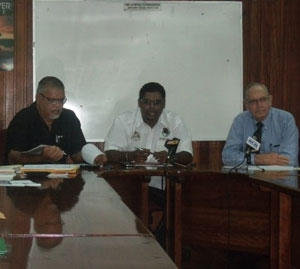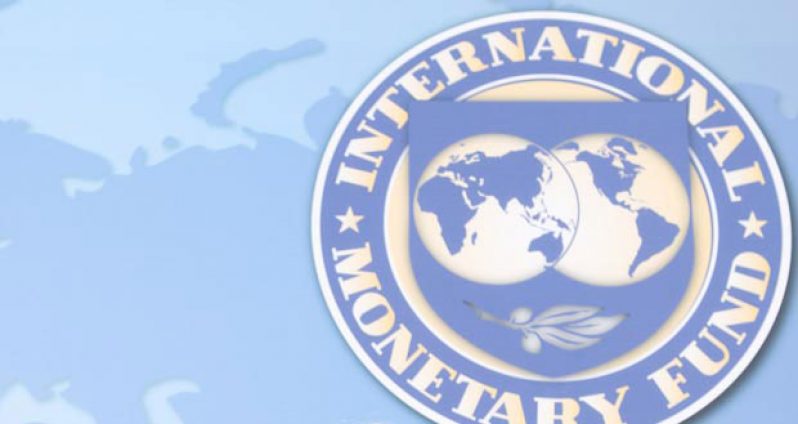CHAIRMAN of the Private Sector’s Sub-committee for Trade and Industry, Mr Ramesh Dookhoo yesterday, during the first steering committee meeting of the National Competitiveness Council, appealed to the members of parliament to resolve the issues hindering passage of the Anti-Money Laundering and Countering the Financing of Terrorism (AML/CFT) (Amendment) Bill.

“On behalf of the private sector commission and my collogues here, I know I speak for all of us, we would like to appeal to our friends in parliament to resolve this issue. Please, it’s taking Guyana in the wrong direction,” Dookhoo appealed.
“Much of what we have worked for over the last, maybe 10 years, at the National Competitiveness Council and at other forums with the Government of Guyana can be wasted efforts if what is happening with the Anti-Money Laundering Bill is not resolved.”
He added that, “it would appear as though some of our parliamentarians have underestimated or may not be totally informed regarding what the private sector is currently going through”. Dookhoo said there are clear and defined signals of hardships being placed on the private sector, as well as the citizenry of Guyana, particularly those who receive money from abroad. “There are clear and defined hardships looming in the clouds and these have impacted on the foreign exchange rates,” he said.
Minister of Tourism Industry and Commerce (ag) Irfaan Ali, who was also present at the meeting, added that the non-passage of this Bill can put Guyana in the “state it was 10 years ago”, explaining that the country’s competitiveness will be severely impacted.
“Our attractiveness for bringing in foreign investments will be reduced tremendously, our standing on international rates and international financing rating will be reduced tremendously, the time to process transactions will increase dramatically, and the cost to process transactions will increase dramatically,” the minister was quoted by the Government Information Agency (GINA) as saying at the meeting. He further explained that this means that the cost of goods and services will increase greatly and businesses will not want to invest in, or transact business in an environment where the cost of production is increasing, as well as the time for transactions, and the hurdles for transaction are exponential.
Minister Ally said, too, that the non-passage of the Bill or even a late passage, will create a lot of problems for the country. “Even if the Bill is passed in the future, it will take time, years… to build back the country to where it is at the moment,” he posited.



.jpg)








